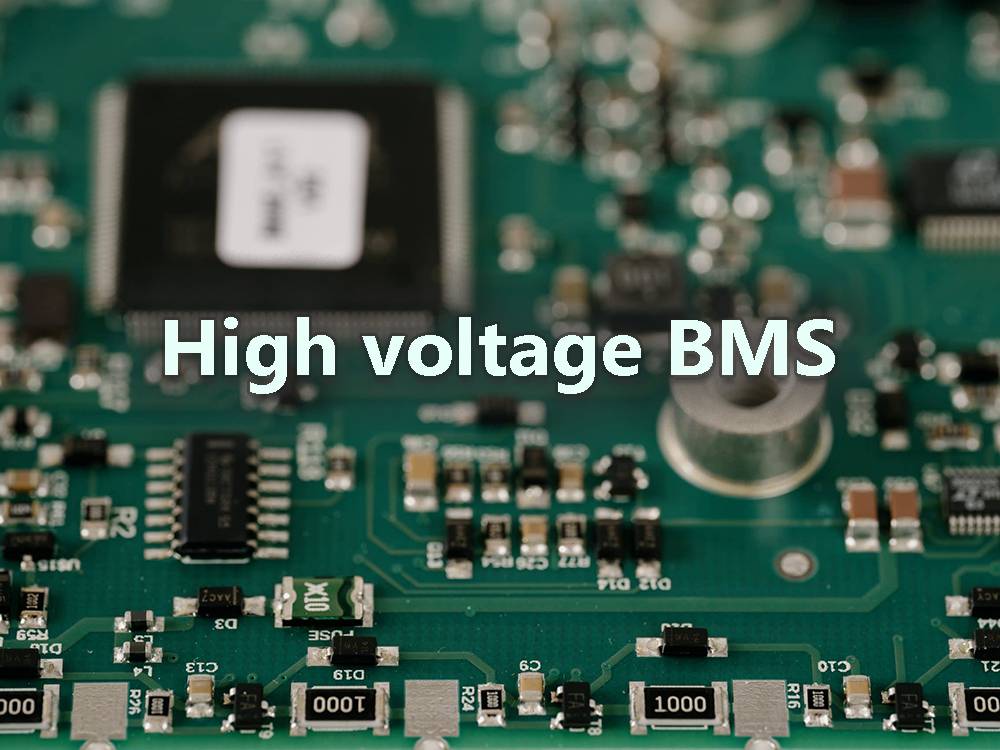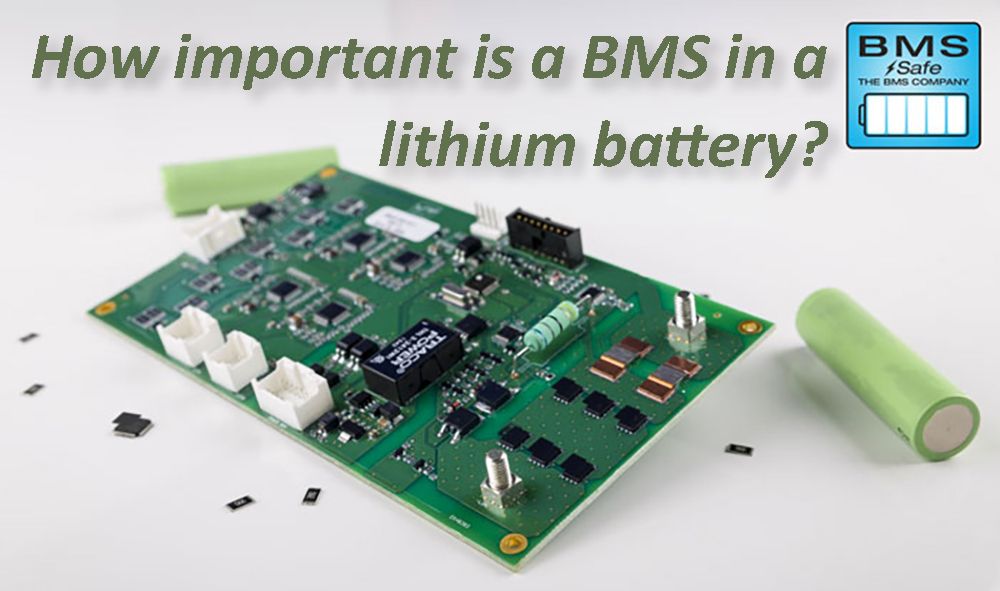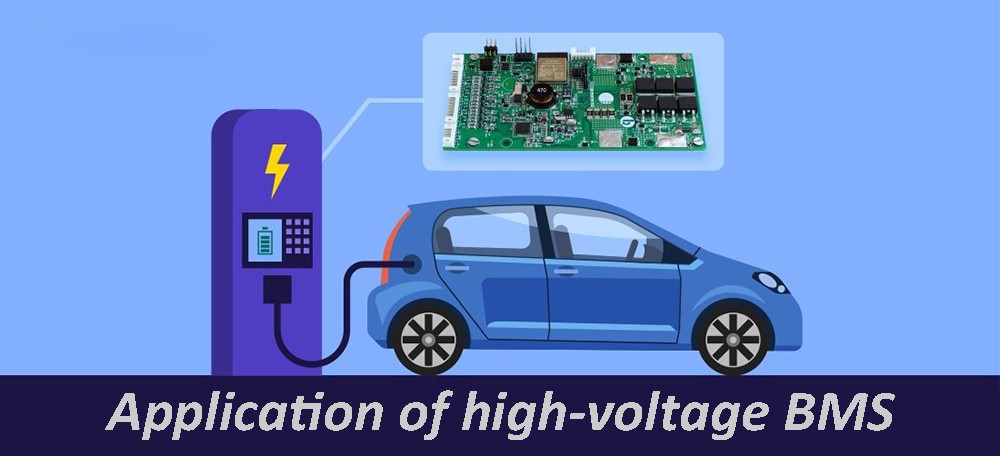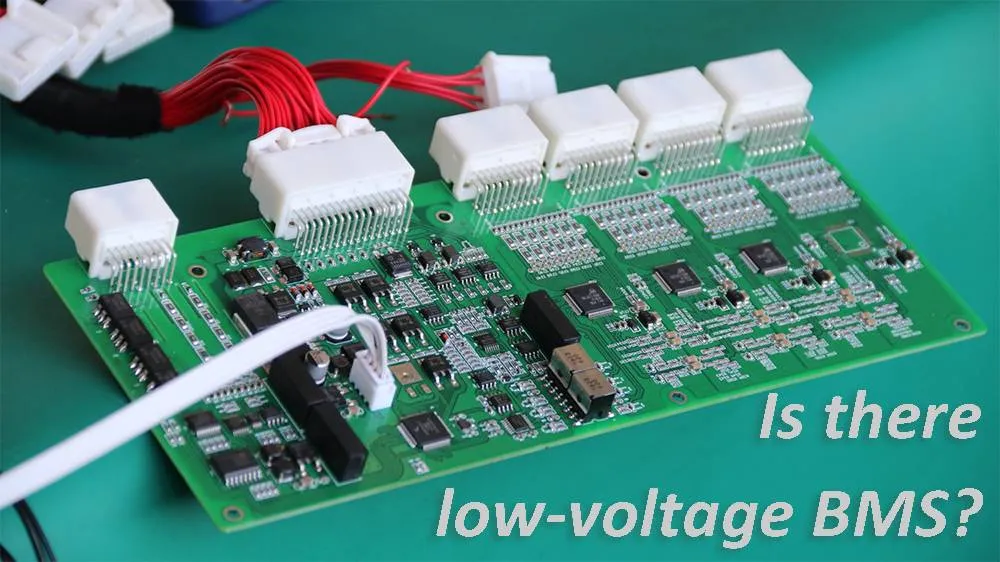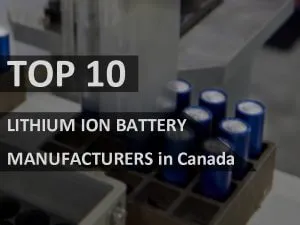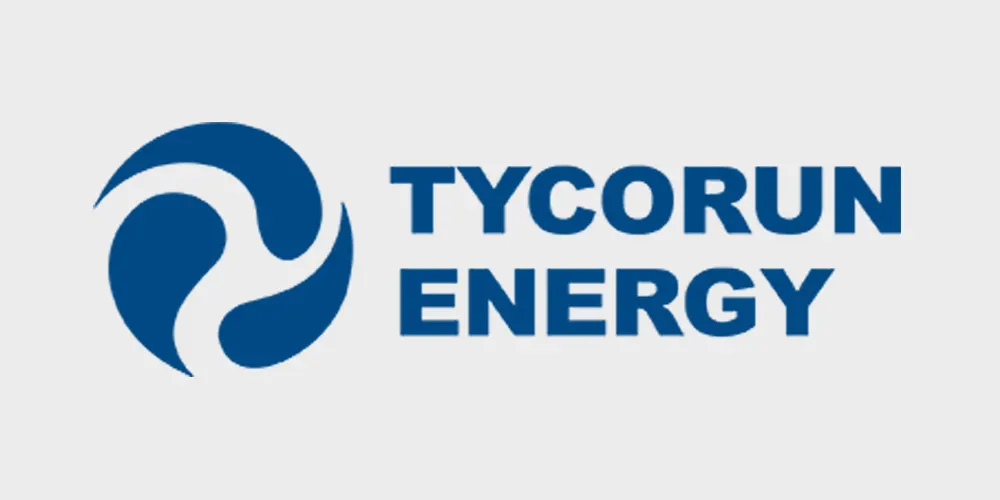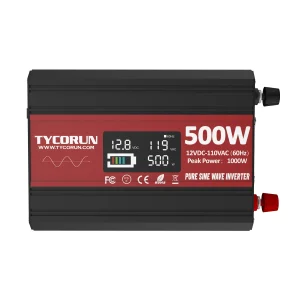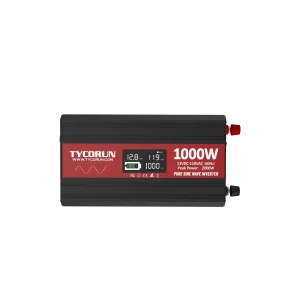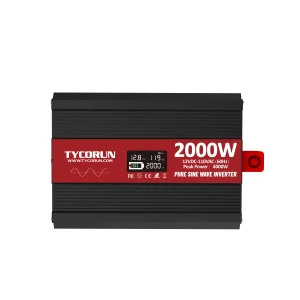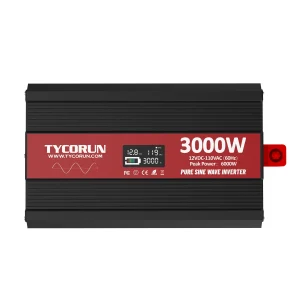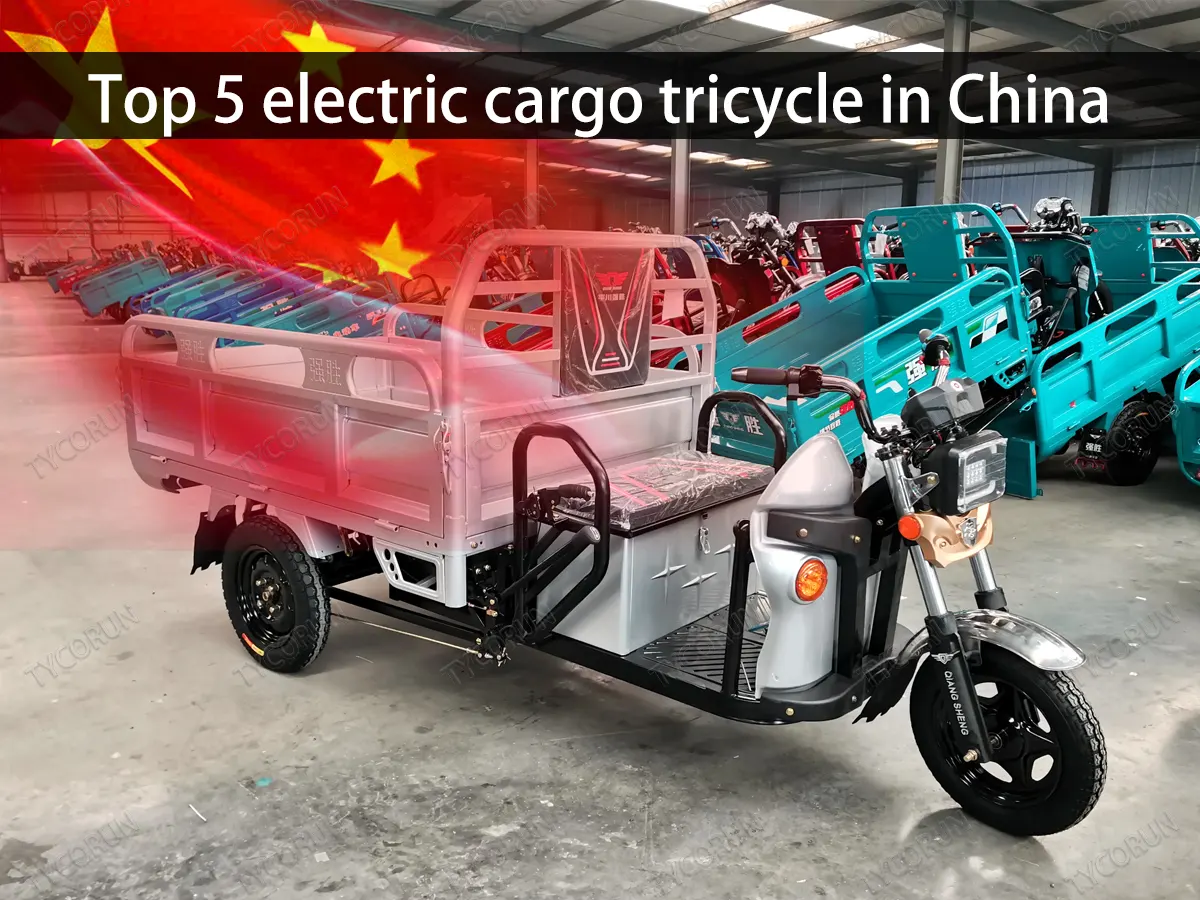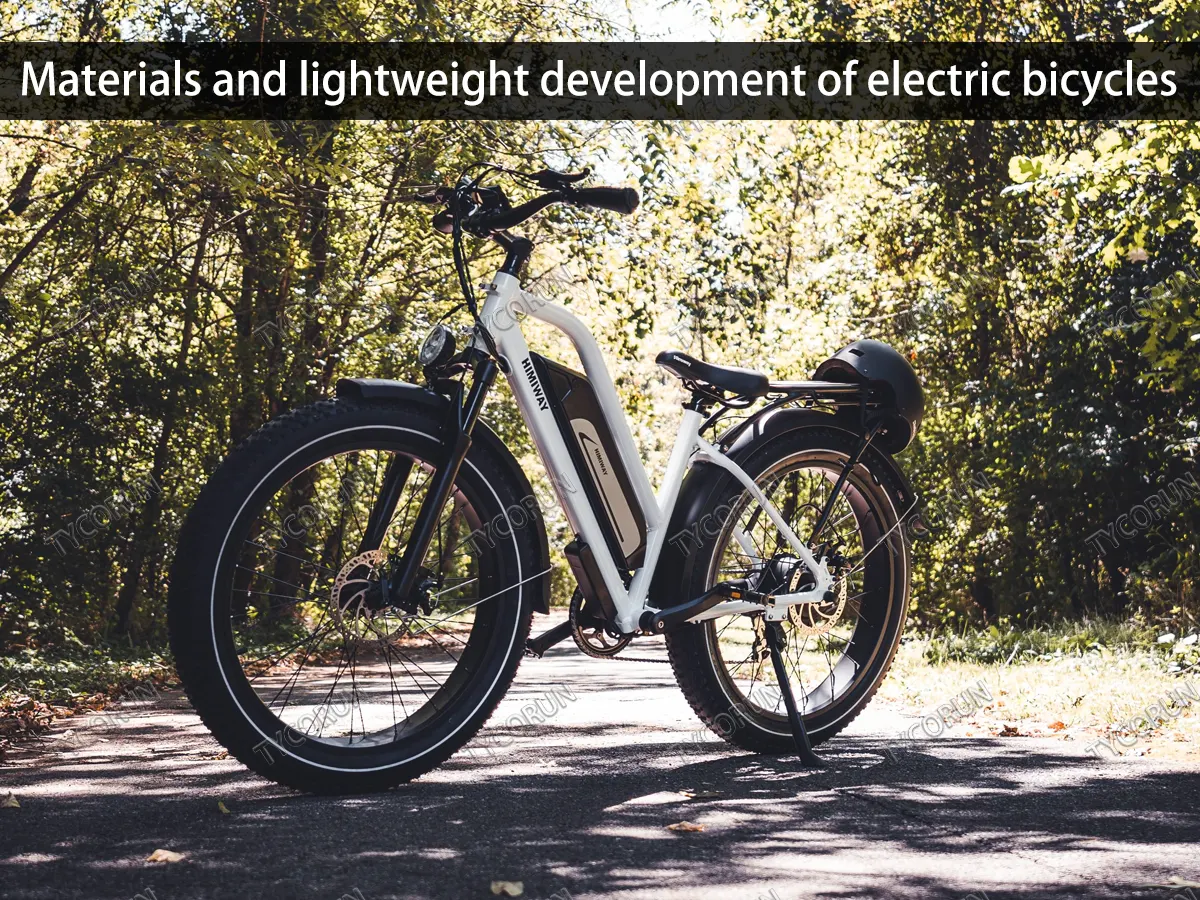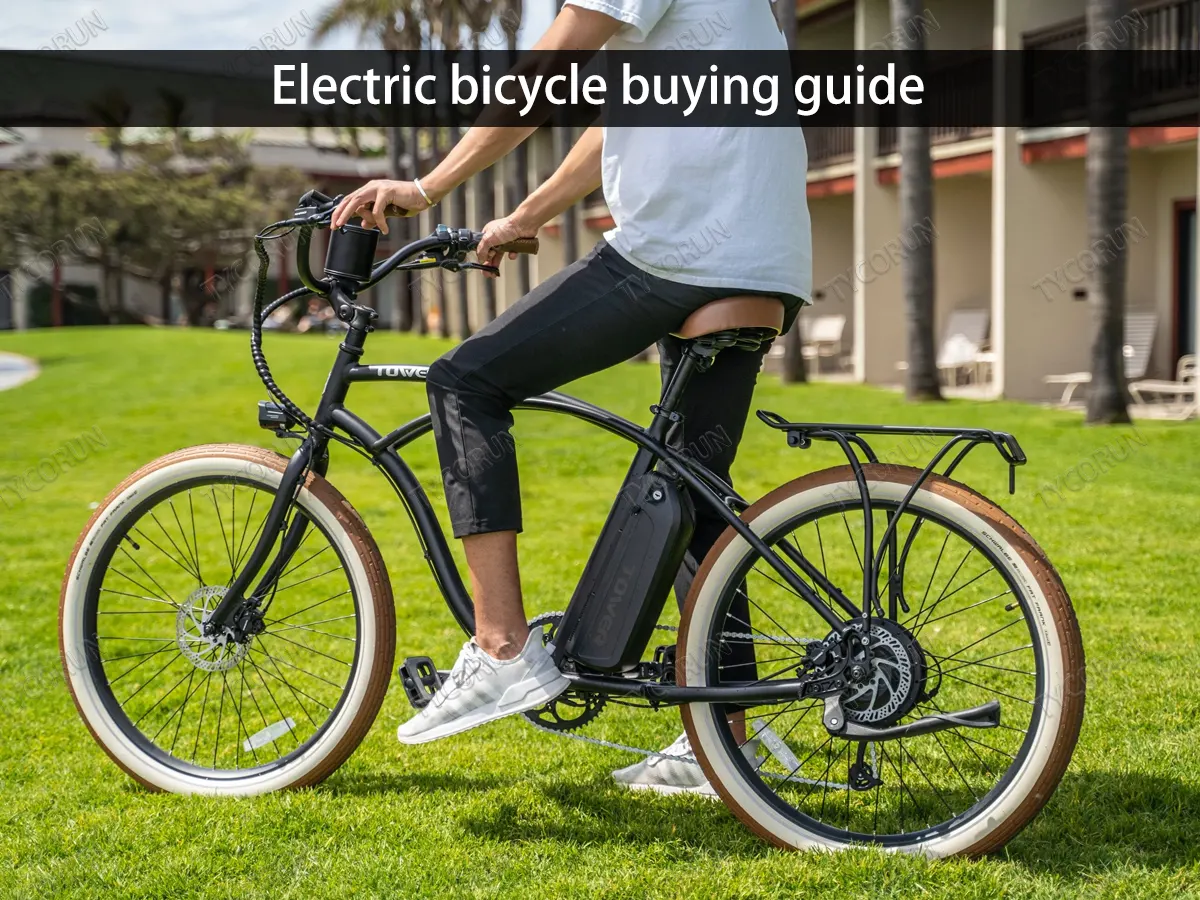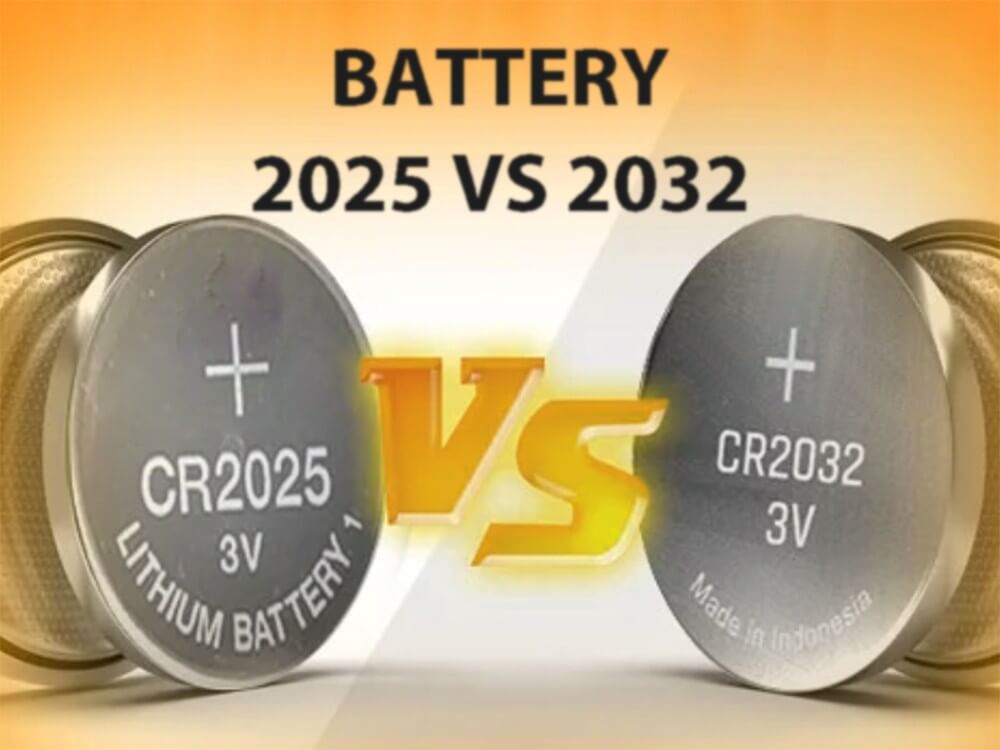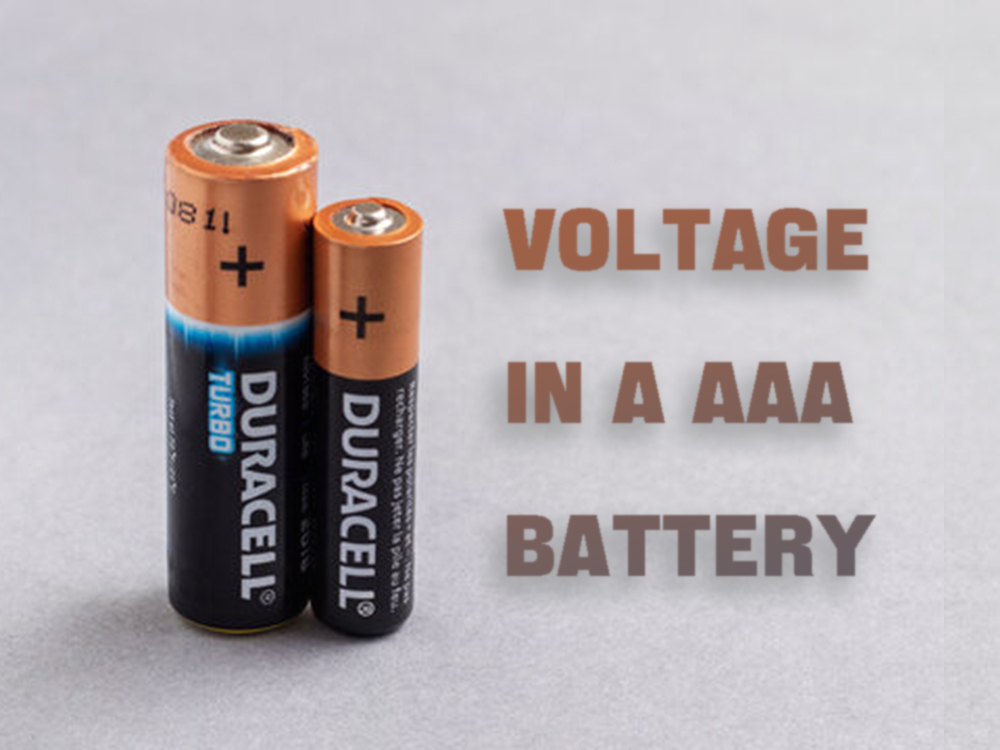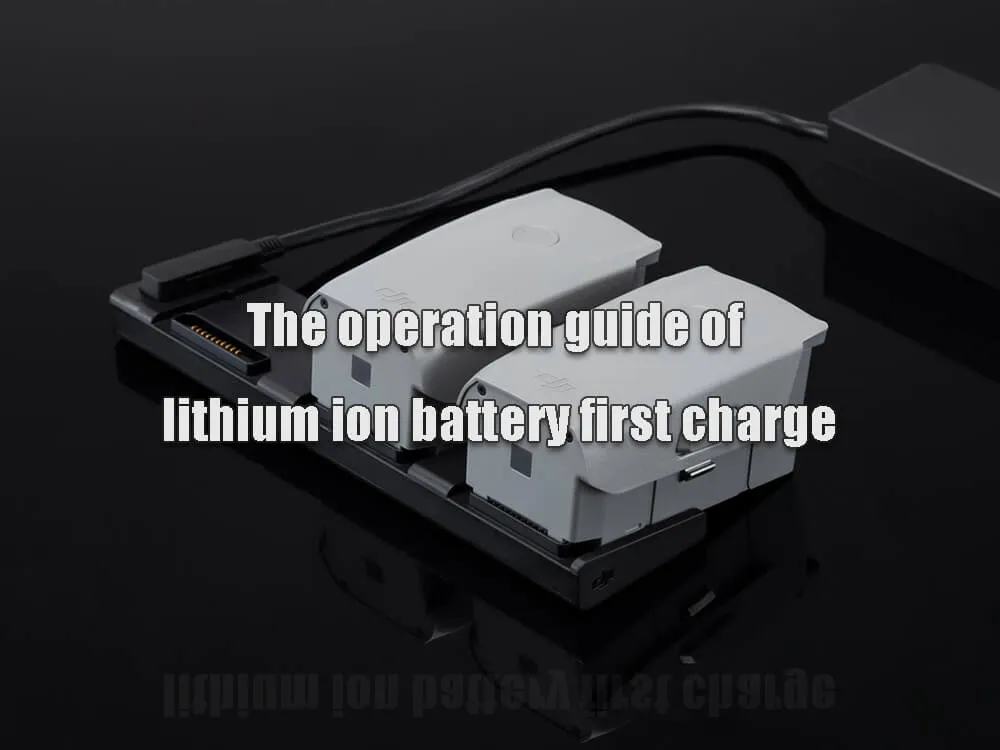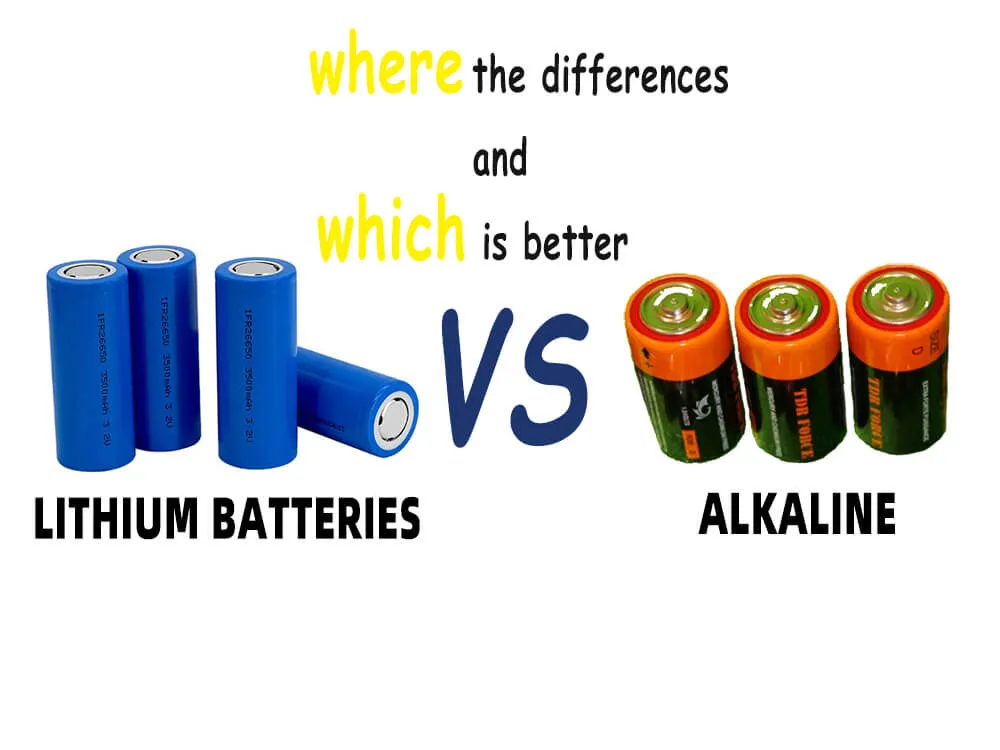In-depth introduction of high voltage BMS
The high voltage BMS provides stack-level and cell-level control for the high voltage battery packs with over 191 VDC. In simpler words, the high voltage BMS is designed to ensure high voltage lithium-ion batteries’ safe, efficient, and reliable functionality.
High voltage BMS is often used in large-scale energy storage systems. As power storage becomes more and more important, the role of high voltage BMS is becoming more and more obvious. In this article, we will cover almost everything you need to know about high voltage battery management systems.
What is high voltage BMS
The high voltage BMS is designed as an electronic supervisory system that manages the high voltage battery pack by monitoring and measuring the cell parameters and determining the cells’ state. In addition, it protects the battery cells by operating them in SOA (safe operating area). These systems have become essential to lithium-ion battery packs.
The high voltage lithium battery has a more significant number of lithium-ion cells connected in parallel and series to develop the total capacity and voltage of the pack. All the batteries are managed by the high voltage BMS; the high voltage BMS is within the range of 60 VDC to 1500 VDC.
How high voltage BMS is composed
The high voltage BMS battery systems are designed with an array of cells, which means multiple wires originate from the battery cells to the BMS. For this reason, the monitoring,management, and maintenance of these systems are extremely complex. Usually, the electronic parts are grouped and contained separately from the cells; it’s different in distributed BMS. High voltage BMS usually adopt distributed BMS technology.
That’s because, in distributed BMS, the electronics are contained and grouped on the cell boards, which are integrated into the cells that you are measuring. In addition, it utilizes the communication wires between the BMS controller and cell boards for optimizing communications and computation. The distributed BMS makes sure that there are only a few sensor wires and communication cables between the BMS modules. In addition, every BMS seems to be self-contained.
How does BMS measure voltage
One of the most important functions of BMS is to measure the voltage, and fortunately, it has precise measurement. There is a special cell voltage acquisition module in BMS,and the voltage is measured using an analog to-digital converter. This is because the lithium-ion cell needs to operate within a specific voltage range, and the SOA boundaries are determined with the help of the intrinsic chemistry of each lithium-ion cell as well as the temperature.
In addition, if any battery pack experiences current cycling, charging from different energy sources, and discharging due to high load demands, the SOA voltage is constrained to optimize the battery lifespan.
How important is a BMS in a lithium battery
Lithium-ion battery is a very popular rechargeable battery in recent years, and it has occupied a mainstream position in the field of energy storage, because it has a series of advantages, for example, high energy density, low self-discharge rate, long cycle life, high cell voltage, small size and light weight, very durable and environmentally friendly.
However, because the element of lithium is very active, it is sensitive to temperature. In the case of overcharge or overdischarge, over-temperature short-circuit and other phenomena may occur, which will cause certain safety hazards. Therefore, lithium-ion batteries are equipped with BMS to prevent their overcharge, over-discharge and overcurrent, monitor and manage battery status, so as to ensure the safe and effective use of lithium-ion batteries’ superior performance. So bms itself is very important for lithium-ion batteries.
The high voltage BMS can manage over 1250 VDC from one battery pack, especially when the multi-module controllers are integrated. In addition, it measures the module-level and cell-level voltage, current, and temperature. Moreover, it calculates the depth of discharge and state of charge.
All this information is provided to the PCS(Power Conversion System)to enable discharge control or precise charge, depending on the voltage. On top of everything, it provides the battery thresholds to the PCS, which sends trigger warnings when the safety limits are approached, resulting in the automated activation of cooling fans. Some of them also have a pre-charge circuit when the stack is connected to the DC bus, ensuring the prevention of voltage mismatch and current surges.
What does a BMS control
Be it the high voltage BMS or low-voltage; it’s basically an electronic regulator that controls and monitors the discharging or charging of the rechargeable batteries. The control features usually depend on the complexity of the system because some of them are as simple as measuring the voltages and restricting charging once the voltage is reached.
On the other hand, the complex BMS monitors the performance and battery life to ensure safer operations. In addition, they monitor and control the multi-cell and one-cell battery systems. The multi-cell systems tend to control and monitor the operations of individual cell packs, and some of them are integrated with computers for advanced monitoring (email alerts and push notifications).
Application of high voltage BMS
The high voltage BMS is used for the batteries of energy storage system or electric vehicles, also play a role in high voltage UPS lithium battery.. That’s because it connects lithium-ion batteries to manage their functionality. In addition, it collects the system data, and the cells are operated and balanced under certain conditions.
It is responsible for monitoring the temperature across the pack to open or close the circuit for optimizing the battery temperature within the narrow temperature range – it’s done to regulate the battery performance.
How to choose high voltage BMS for energy storage battery
Choosing the correct high voltage BMS depends on the battery system’s size as well as its rated capacity and voltage. So, the factors that you need to consider include:
- Voltage – voltage is the pressure or force with which the current passes through an electric circuit. The battery packs usually include various cells, and the number of cells tends to determine the nominal voltage of the whole battery pack.
- Amperage – it’s the measure of electrical current flow and is commonly referred to as amps. It helps determine how many electrons pass through the circuit at a specific time; it is the rate at which electrons tend to flow in the circuit.
- Battery capacity – is measured in mAh. It shows the total amount of current the battery can supply within an hour until the voltage reduces to the specific value for each battery type.
- C-rate – it measures the charge or discharge rate of the battery related to the rated capacity.
Is there low voltage BMS
Yes, there are low-voltage BMS, and they are commonly used in different equipment like RV, power tool, boat. In addition, it can be used in small home energy storage applications, particularly power backup systems and specialty vehicles. It promises cell balancing as well as charge management.
Difference between low voltage BMS and high voltage BMS
The primary difference between low-voltage BMS and high voltage BMS is the voltage. That’s because low-voltage BMS usually for batteries below 192v, while the high voltage BMS then for batteries higher than 192v. Given the significant difference in the voltage value, their applications vary as well!
After reading the article, if you want to know more BMS information, you can check top 10 battery management system suppliers.


